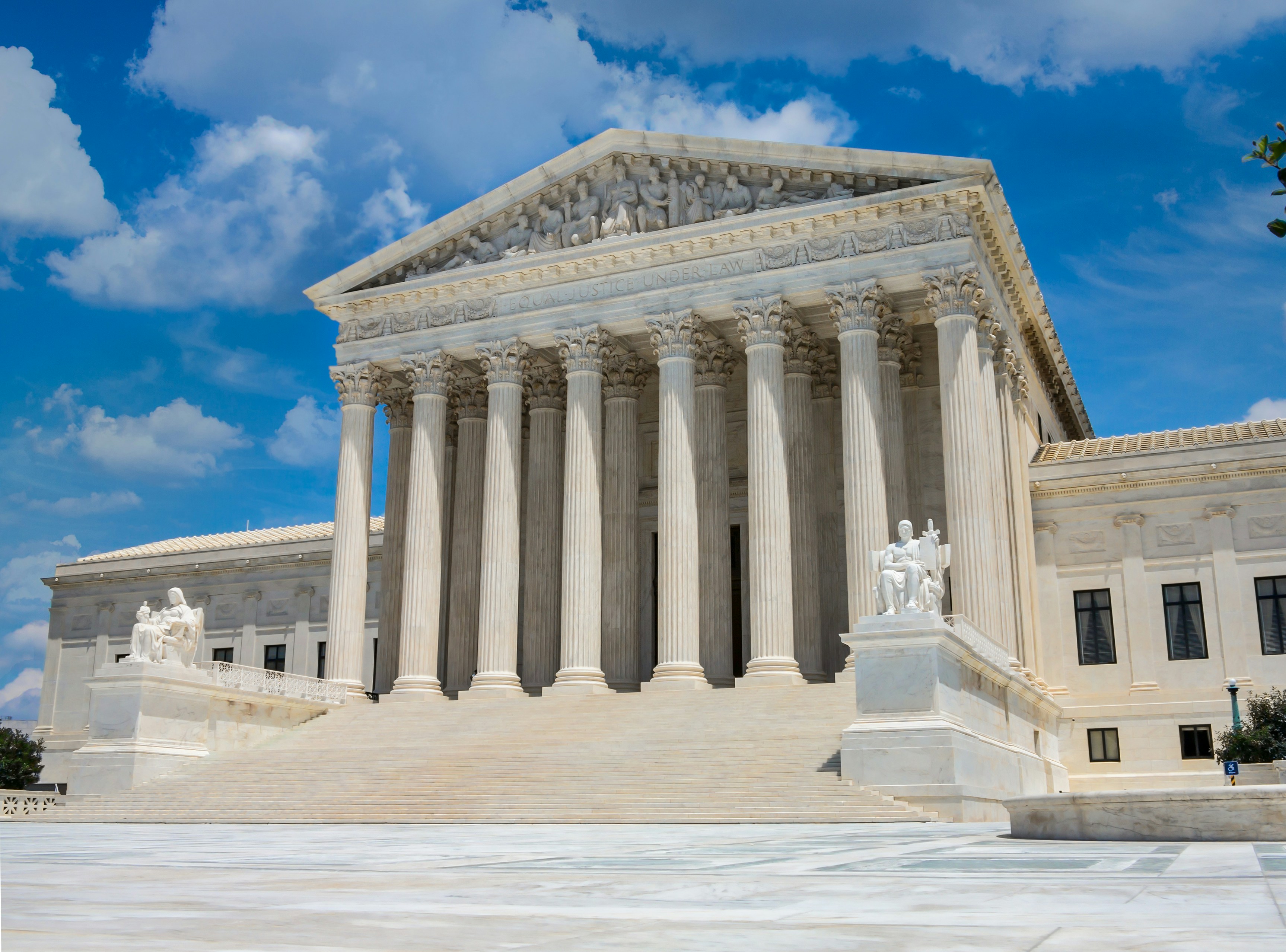The Michigan chapter of the National Federation of Independent Business today has come out against a proposed gas tax hike that would increase the price of regular unleaded fuel by about 25 cents by 2018.
Talks are expected among legislative leaders in advance of a possible Senate vote on a road funding package.
Charlie Owens, state director of the NFIB, said in a news release the proposal from Senate Majority Leader Randy Richardville, R-Monroe, would hurt too many small businesses in Michigan.
“While we recognize the need for good roads and adequate funding, this is a difficult time for fuel tax increases on Michigan small business job providers as we watch the price of gasoline approach $4 a gallon,” Owens said.
“The rising price of fuel and the recent increase in the minimum wage are already putting pressure on Michigan's small and family owned businesses. Raising the gas tax would cut more from their bottom line.”
Owens said his group expressed concerns in an e-mail sent to lawmakers this morning.
The Michigan Senate is holding a rare Monday session at 1 p.m. today and the road funding package is on the agenda.
However, Democratic votes would be needed to pass a significant tax increase to pay for roads and Robert McCann, a spokesman for Senate Minority Leader Gretchen Whitmer, D-East Lansing, said he does not expect votes to happen today.
Richardville's proposal would eliminate the 19-cent-per-gallon fuel tax on regular unleaded fuel and the 15-cent-per-gallon fuel tax on diesel fuel and replace both with a new tax at the wholesale level. The bill would set that tax at 9.5% starting in January and increase it to 15.5% by 2018. That equates to about a 25-cent-a-gallon increase as part of a package of bills expected to raise about $1.5 billion more a year to repair and maintain roads and bridges.
The House earlier passed a more modest package — estimated to raise about $450 million a year — that set the wholesale tax at 6%.
The Free Press reported on May 23 that because Michigan is one of only four states that applies its general sales tax on top of its fuel tax, the Senate proposal would move Michigan from having the sixth highest taxes on fuel in the country to having the highest, according to data from the American Petroleum Institute. Most of the money raised from the sales tax paid on fuel is not spent on roads.
Alternative proposals — which would require ballot approval by Michigan voters — would hike the 6% sales tax by 1 or 2 percentage points and put the extra sales tax revenue toward roads.
——————–
Copyright 2014 – Detroit Free Press
Thanks for reading CPA Practice Advisor!
Subscribe Already registered? Log In
Need more information? Read the FAQs



